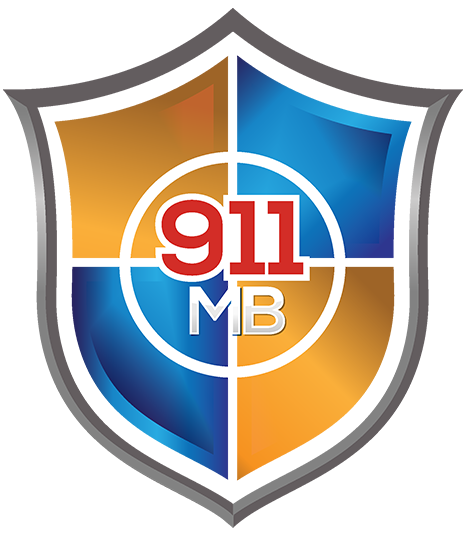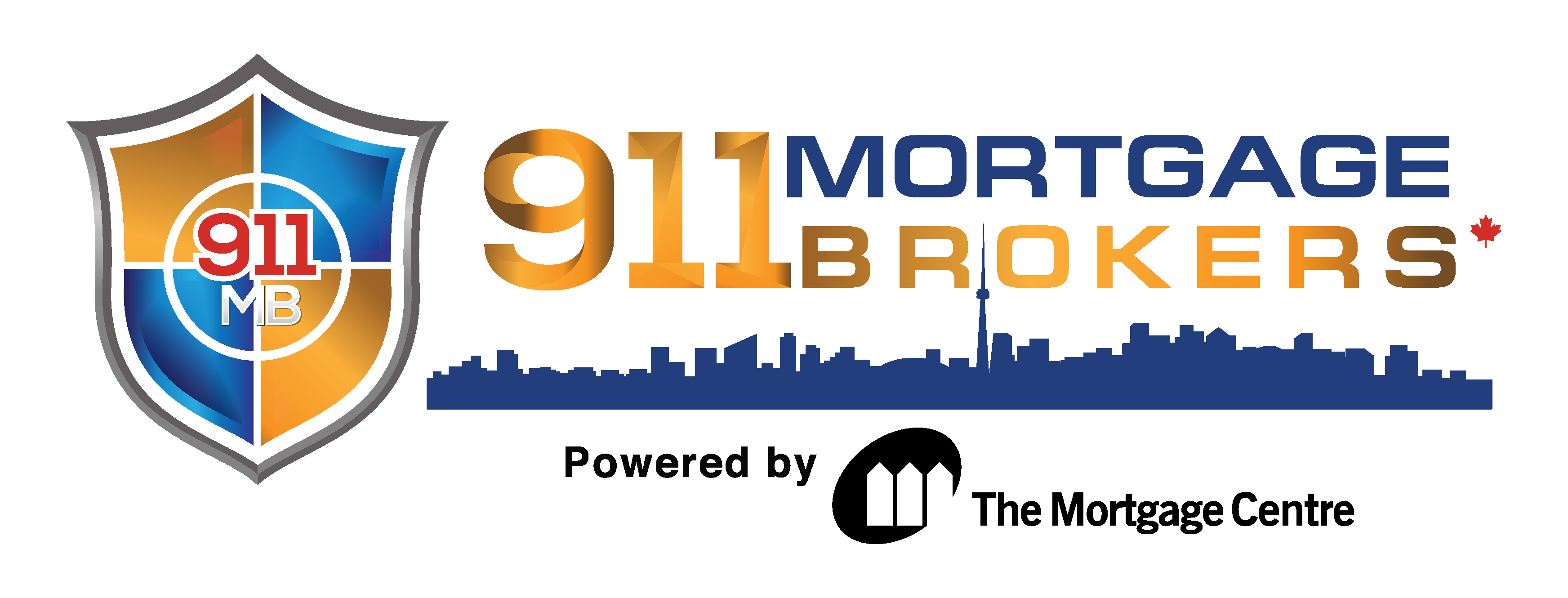Mortgage Glossary
Mortgage Glossary

We’ve put together of list of common mortgage and homebuying terms to help you better understand the process of buying a home.
Mortgage Types
Closed mortgage
This type of mortgage must usually remain unchanged for whatever term you agree to. Prepayment costs will apply if you payout, renegotiate, or refinance before the end of term.
Convertible mortgage
This is a mortgage which offers the same security as a closed mortgage, but which can be converted to a longer, closed mortgage at any time without prepayment costs. Typically associated with fixed rate mortgages.
High-ratio mortgage
The mortgage you obtain when you have less than 20% of the total purchase price to put down as your down payment. This type of mortgage must be insured (through sources such as CMHC or Genworth Financial Canada).
Open mortgage
This type of mortgage may be repaid, in part or in full, at any time during the term without any prepayment costs.
Rate Types
Fixed rate mortgage
An interest rate that does not change during the entire mortgage term.
Variable rate mortgage
An interest rate that will fluctuate in accordance with the prevailing market prime rate during the mortgage term.
Mortgage rate
The percentage interest that you pay on top of the loan principal. For example, you may take out a mortgage of $100,000 at a rate of 12%. Your monthly payments will consist of a portion of the original $100,000, plus 12% interest.
Closing Costs
Appraisal
The process of determining the lending value of a property. There is usually a fee to have an appraisal done.
Interest adjustment
The amount of interest due between the date your mortgage starts and the date the first mortgage payment is calculated from. Sometimes there is a gap between the closing date of your home purchase and the first payment date of your mortgage. Let’s say that the closing date on your new house is August 10th – but your mortgage payments are on the 15th of each month (so your first payment is calculated from August 15th and paid on September 15th). That leaves five days (August 10th to 14th) that aren’t accounted for in your first mortgage payment. You have to make an extra payment to make up for these five days; the payment is generally due on your closing date. You can avoid all this by arranging to make your first mortgage payment exactly one payment period (e.g., one month) after your closing date.
Land transfer tax
A tax that is levied (in some provinces) on any property that changes hands.
Legal fees and disbursements
Some of the legal costs associated with the sale or purchase of a property. It’s in your best interest to engage the services of a real estate lawyer (or a notary in Quebec).
Prepaid property tax and utility adjustments
The amount you will owe if the person selling you the home has prepaid any property taxes or utility bills. The amount to reimburse them will be calculated based on the closing date.
Property survey
A legal description of your property and its location and dimensions. An up-to-date survey is usually required by your mortgage lender. If not available from the vendor, your lawyer can obtain the property survey for a fee.
Sales taxes
Taxes applied to the purchase cost of a property. Some properties are sales tax exempt (GST and/or PST), and some are not. For instance, residential resale properties are usually GST exempt, while new properties require GST. Always ask before signing an offer.
General Mortgage Terms
Amortization
The number of years that you take to fully pay off your mortgage (not the same as your mortgage term). Amortization periods are often 15, 20, or 25 years long.
Assuming a mortgage
Taking over the obligations of the previous owner’s (or builder’s) mortgage when you buy a property.
Buy down rate
The portion of the interest rate on a buyer’s mortgage that you assume when they buy your home. If you’re selling your home and the prospective buyer doesn’t like the interest rate on their mortgage, you can offer to add a certain percentage of it onto your existing mortgage. You can add a maximum of 3%.
Canada Mortgage and Housing Corporation (CMHC)
A Crown corporation that administers the National Housing Act for the federal government and encourages the improvement of housing and living conditions for all Canadians. One potential source of mortgage insurance for high-ratio mortgages.
Closing costs
Costs that are in addition to the purchase price of a property and which are payable on the closing date. Examples include legal fees, land transfer taxes, and disbursements.
Closing date
The date on which the sale of a property becomes final and the buyer takes possession of the property.
Down payment
The money that you pay up front for a house. Down payments typically range from 5%-20% of the total value of the home.
Genworth Financial Canada
A private mortgage insurance company. One potential source of mortgage insurance for high-ratio mortgages.
Home insurance
Insurance to cover both your home and its contents (also referred to as property insurance). This is different from mortgage life insurance, which pays the outstanding balance of your mortgage in full if you die.
Inspection
The process of having a qualified home inspector identify potential repairs to the property you are interested in and their estimated cost.
Lump sum payment
An extra payment that you make to reduce the amount of your mortgage principal.
Mortgage
A loan that you take out in order to buy property. The collateral is the property itself.
Mortgage life insurance
This form of insurance pays the outstanding balance of your mortgage in full if you die. This is different from home or property insurance, which insures your home and its contents.
Multiple Listing Service (MLS)
A computerized listing of the properties available in your area, including information and sometimes pictures of each property.
Pre-approved mortgage certificate
A written agreement that you will get a mortgage for a set amount of money at a set interest rate. Getting a pre-approved mortgage allows you to shop for a home without worrying how you’ll pay for it.
Offer to Purchase
A legally binding agreement between you and the person who owns the house you want to buy. It includes the price you are offering, what you expect to be included with the house, and the financial conditions of sale (your financing arrangements, the closing date, etc.).
Porting
Transferring an existing mortgage from one home to a new home when you move. This is known as a “portable” mortgage.
Pre-payment
Repaying part of your mortgage ahead of schedule. Depending on your mortgage agreement, there may be a prepayment cost for pre-paying.
Refinancing
The process of paying out the existing mortgage for purposes of establishing a new mortgage on the same property under new terms and conditions. This is usually done when a client requires additional funds. The client may be subject to a pre-payment cost.
Renewal/renewing
Once the original term of your mortgage expires, you have the option of renewing it with the original lender or paying off all of the balance outstanding.
Term
The length of time during which you pay a specific rate on the mortgage loan (i.e., the number of years in your mortgage contract). This is different than the amortization period. A mortgage is usually amortized over 20-25 years, with a shorter term (typically 6 months to 5 years). After the term expires, the interest rate is usually renegotiated with the lender (your bank, for example).

Types of Mortgages

Closed Mortgage
Closed mortgages generally have prepayment options of up to 20% of the original mortgage amount. If you decide to pay out, renegotiate or refinance before the end of the term of a closed mortgage, prepayment costs will be applied.

Convertible Mortgage
A convertible mortgage is similar to a closed mortgage, but gives you the option of converting to a longer, closed mortgage at any time without paying a prepayment charge. With this option you can generally make an annual prepayment up to 10% of the original mortgage amount.

Open Mortgage
An open mortgage can be repaid at any time throughout the term, either in full or partially without paying a prepayment charge. Provides flexibility until you are ready to lock into a closed term.

